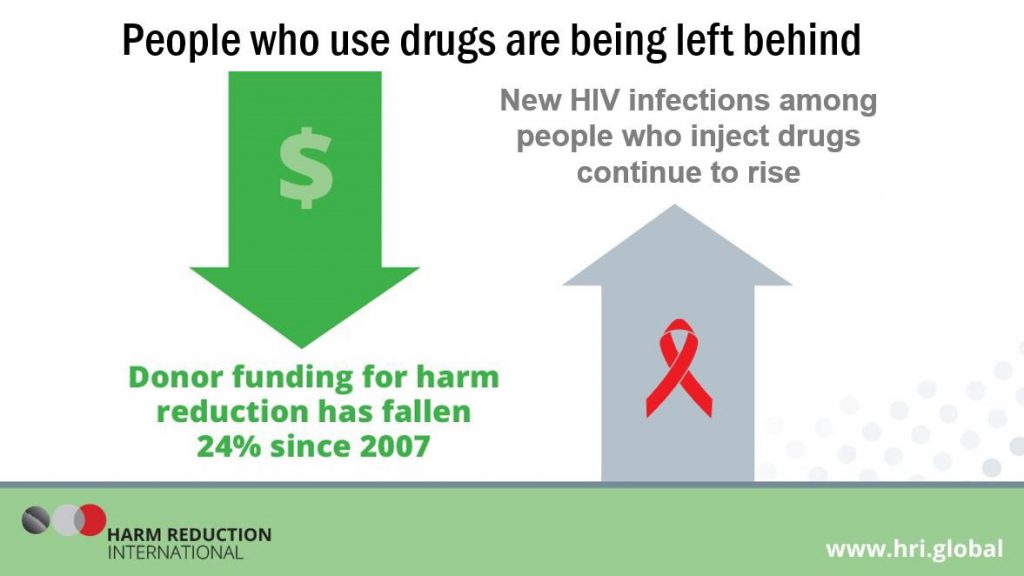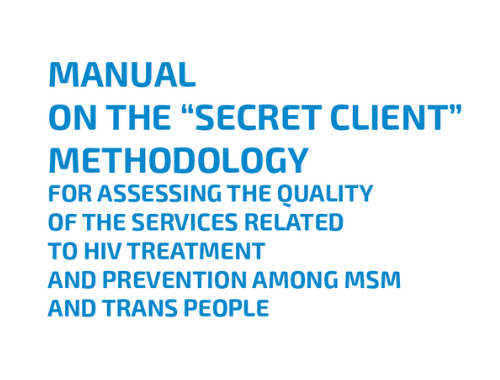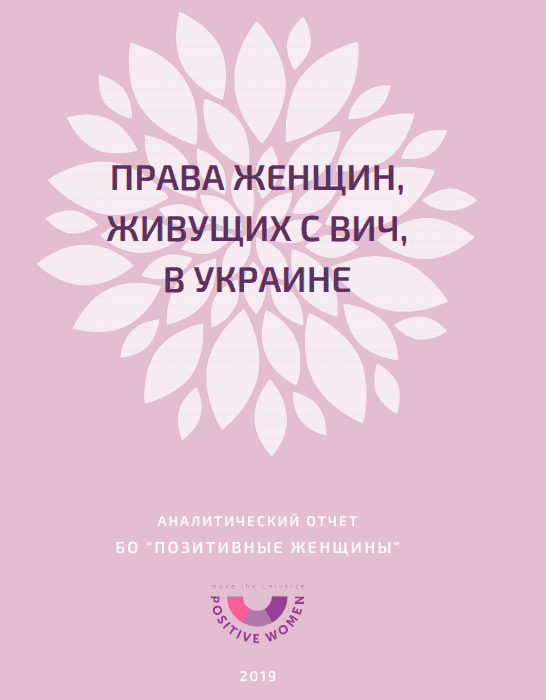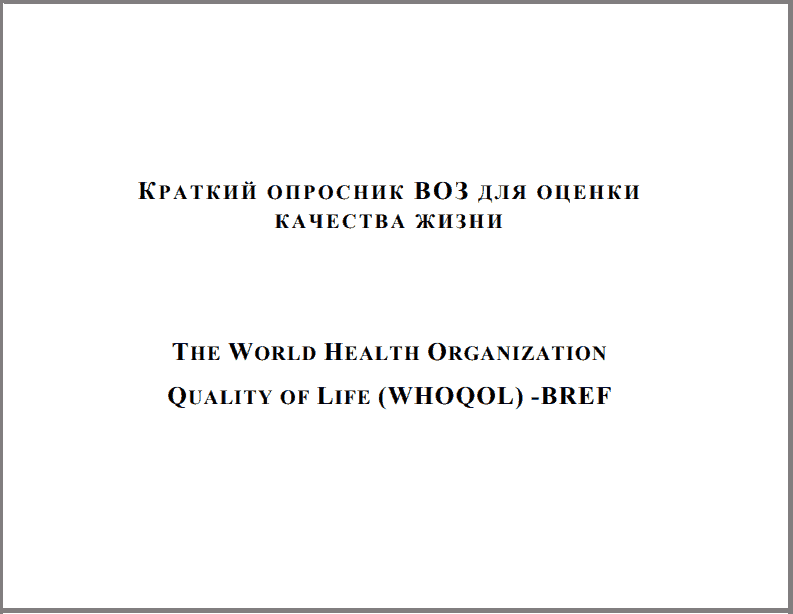In circumstances, when the states of Central and Eastern Europe and Central Asia (CEECA) fail to fulfill their commitments of transition to domestic funding, and, also, they toughen the repressiveness of drug policies, much depends on the effectiveness of regional advocacy.
Author: Igor Gordon
A World Beyond the War on Drugs
Drug policy and feminist movements have rarely been connected – but they should be.
Aleksander Levin, Co-chair of the EHRA Steering Committee: “Public officials who define the drug policy wear cardboard crowns from the Burger King and think that they rule the world. In the old tale, just one phrase of a small boy about the emperor with no clothes was enough for everybody to wake up”.
EHRA presents a series of interviews with people whose names and roles in harm reduction are well known in the CEECA region and beyond. They will share the best that they have with us: their experience, ideas and memories.
Extended: EHRA is seeking a Consultant to develop organizational Communication Strategy
Eurasian Harm Reduction Association (EHRA) is seeking a consultant to provide support in the development and operationalization of an organizational Communication Strategy.
When a tank is urgently needed to transport… methadone to hospitals
Author: Olya Belyaeva, Advocacy Manager, EHRA.
A tank is urgently needed! It doesn’t have to be a new one. The tank is needed to transport methadone to hospitals in Kazakhstan. Drug control authorities require paramilitary security for the transportation of drugs. However, the state is not going to allocate funds for security measures and this issue has not been resolved in 10 years.
Continue reading “When a tank is urgently needed to transport… methadone to hospitals”
Call for technical assistance for organizations wishing to try themselves in alternative financing
With the gradual withdrawal of major donors from the CEECA region and the failure of states to fulfill their obligations to switch to national funding, the issue of survival for NGOs working in the field of harm reduction is particularly acute. EHRA announces a call[1] for technical assistance (TA) for organizations wishing to try themselves in alternative financing[2].
The purpose of this TA is to improve the understanding by public organizations and civil society organizations from СEECA countries of the possibilities and conditions for obtaining alternative funding.
Who can apply? Officially registered community-led and civil society organizations working in the field of harm reduction on national or sub-national levels, that already have experience in finding alternative resources or plan to introduce the chosen practice in the near future.
Eligible countries: Albania, Armenia, Azerbaijan, Belarus, Bosnia and Herzegovina, Georgia, Kazakhstan, Kyrgyzstan, Moldova, Montenegro, Northern Macedonia, Russia, Tajikistan, Turkmenistan, Ukraine or Uzbekistan.
Within this TA EHRA will cover travel expenses of 2 employees of two selected organizations to 4-6 day internship in the chosen organization. After completing an internship, the organization is obliged to try to implement the gained knowledge within six months after the internship.
List of organizations for internships
- Light of Hope, Ukraine http://www.lightofhope.com.ua
On the basis of the organization, there is an Adaptation Center for the homeless and those released from prison, a Shelter for women who have suffered from domestic violence or human trafficking, a Youth Center and the Training and Production Center (Social Enterprise), which helps socially vulnerable groups with employment, provides access to education and professional training.
The “Training and Production Center” is one of the most advanced social enterprises in Ukraine. The center was created to support and socially integrate representatives of various key groups into society.
Learning Opportunities:
- Participation in social contracting
- Organization of a social enterprise
- Providing consulting services
- From heart to heart, Ukraine http://fhth.ck.ua
The organization provides services in the field of HIV prevention, counseling and testing for HIV and STIs, harm reduction services, psychological support, rehabilitation assistance, etc. Charitable Organization “From Heart to Heart” has experience in raising funds as part of charity events and fairs. The organization has a Reintegration Center for the homeless and people who have been released from prisons, where they can acquire skills that contribute to their social adaptation in society. Thanks to the advocacy actions of the CO “From Heart to Heart”, the local authorities introduced reduced rent rates for NGOs working with vulnerable groups.
Learning Opportunities:
- organization of a social enterprise
- ReGeneration, Serbia https://regeneracija.blogspot.com/
The organization promotes effective drug policy; implements advocacy campaigns with the involvement of the media to expand harm reduction programs in the country. ReGeneration also conducts capacity trainings for other organizations and professionals who work with people who use drugs. ReGeneration is the only organization in Serbia that conducts research among people who use drugs.
Learning Opportunities:
- sale of expert services
- production of videos, articles, studies
- crowdfunding
- collection of private donations
- Foundation for Social Education, Poland https://fes.edu.pl/o-nas/
The organization’s activities include: free and anonymous testing for HIV and HCV in two counseling and diagnostic centers in Warsaw; educational and informational seminars and trainings in the field of sexual and reproductive health and HIV prevention; hotline counseling services for people living with HIV and their relatives; harm reduction services; legal support for people living with HIV and their relatives. The Social Education Fund receives 1% of the personal income tax paid by the population.
Learning Opportunities:
- percentage tax designation
- grants from pharmaceutical companies
- Positive Initiative, Moldova http://www.positivepeople.md
“Positive Initiative” is an organization of patients living, affected, or vulnerable to HIV, which operates throughout the Republic of Moldova. The organization has positive experience in conducting campaigns to raise funds in cooperation with business, organize a social enterprise, receives membership fees, as well as donations from individual donors.
Learning Opportunities:
- Financing prevention programs among at-risk groups from the compulsory health insurance fund through grants
- Procurement of psychosocial support and rehabilitation services for people with drug dependence by the penitentiary system
- Integration of peer consultants into the staff of state medical institutions (narcology service, ART distribution rooms)
- Development of social business by NGOs
- Crowdfunding
- Kings of the street, Slovenia http://www.kraljiulice.org
Kings of the Street is the largest organization in Slovenia working with homeless people and their social isolation. The NGO started its activity by launching the country’s first street magazine written by the homeless people themselves. “Kings of the street” conduct outreach work and provide counseling and information about organizations where they can get help. The organization also have a day center for homeless and other marginalized groups of the population, as well as an open and alternative form of education for people who have been excluded from other forms of formal and non-formal education.
Learning Opportunities:
- Issue of a street magazine / tourist guide;
- organization of a social enterprise.
Application selection process. Qualified applications from eligible countries will be assessed by project management team based on the selection criteria:
- Justification of the selected organization and practice of alternative financing (45 points)
- Implementation plan for the selected practice (25 points)
- Understanding of their own shortcomings / needs in organizational capacity to increase competitiveness in obtaining affordable financing (30 points)
Qualification criteria:
- Officially registered public and civil society organizations working in the field of harm reduction at the national or subnational levels.
- The organization operates in one of 16 countries: Albania, Armenia, Azerbaijan, Belarus, Bosnia and Herzegovina, Georgia, Kazakhstan, Kyrgyzstan, Moldova, Montenegro, Northern Macedonia, Russia, Tajikistan, Turkmenistan, Ukraine or Uzbekistan.
Internship period: November-December 2019.
How to apply
If your organization is interested in receiving this TA, please fill in and submit the application form along with the documents confirming registration of your organisation to irena@harmreductioneurasia.org, the subject of the letter is “TA AltFund”, the deadline for submission is until 24:00 Eastern time on November 5, 2019.
[1] This activity is conducted under the project “Thinking outside the box: overcoming challenges in community advocacy for sustainable and high-quality HIV services” which is carried out by the Eurasian Regional Consortium. The aim of the project is to maximize capacity of consortium’s member organizations and their impact of advocacy to improve funding environment for sufficient allocation of resources for HIV programs in countries of EECA.
[2] Alternative financing – indirect state funding, crowdfunding, involvement of business companies in charitable projects, establishment of social enterprises, etc.
We’re not there just yet: A joint statement on harm reduction and the Global Fund Sixth Replenishment
Last week, governments philanthropic donors and the private sector pledged US$14 billion for the Sixth Global Fund Replenishment. But this was the minimum amount required and will not be enough to meet 2030 targets.
“In Central, Eastern Europe and Central Asia region we are trying not to loose hope for sustainable social and medical help to people using drugs. After all these years of spending public resources mainly for keeping people who use drugs imprisoned, very slow progress in domestic support to harm reduction, multiple cases of human rights violations, it is hard for communities to be still encouraged. That is specifically hard in states with repressive drug policy and criminalization of drug use or possession. With this GF replenishment it is critical to bring catalytic resources for system changes to communities in CEECA. For activists to know they are not alone in advocacy for access to services and human rights protection for people using drugs” – said Ganna Dovbakh, EHRA
Please read a Joint Statement on harm reduction and the Global Fund Sixth Replenishment by Harm Reduction International, Eurasian Harm Reduction Association, International Network of People who Use Drugs and India HIV/AIDS Alliance.

Terms of Reference for the consultant to develop methodology to analyze the implementation of the national plans for transition
Being a partner of the Alliance for Public Health, the All-Ukrainian Network of PLWH 100% Life and other regional networks in the implementation of the Global Fund funded regional HIV project “Sustainability of services for key populations in Eastern Europe and Central Asia” (#SoS_project), the Eurasian Harm Reduction Association (EHRA) is aimed at the improving the financial sustainability and allocative efficiency of HIV programs in EECA countries.
Сall for applications to receive technical assistance for organizations, that want to increase their organizational capacity
EHRA announces a call for applications to receive technical assistance (TA) for organizations, that want to increase their organizational capacity to be more competitive and successful in receiving available state funding[1].



